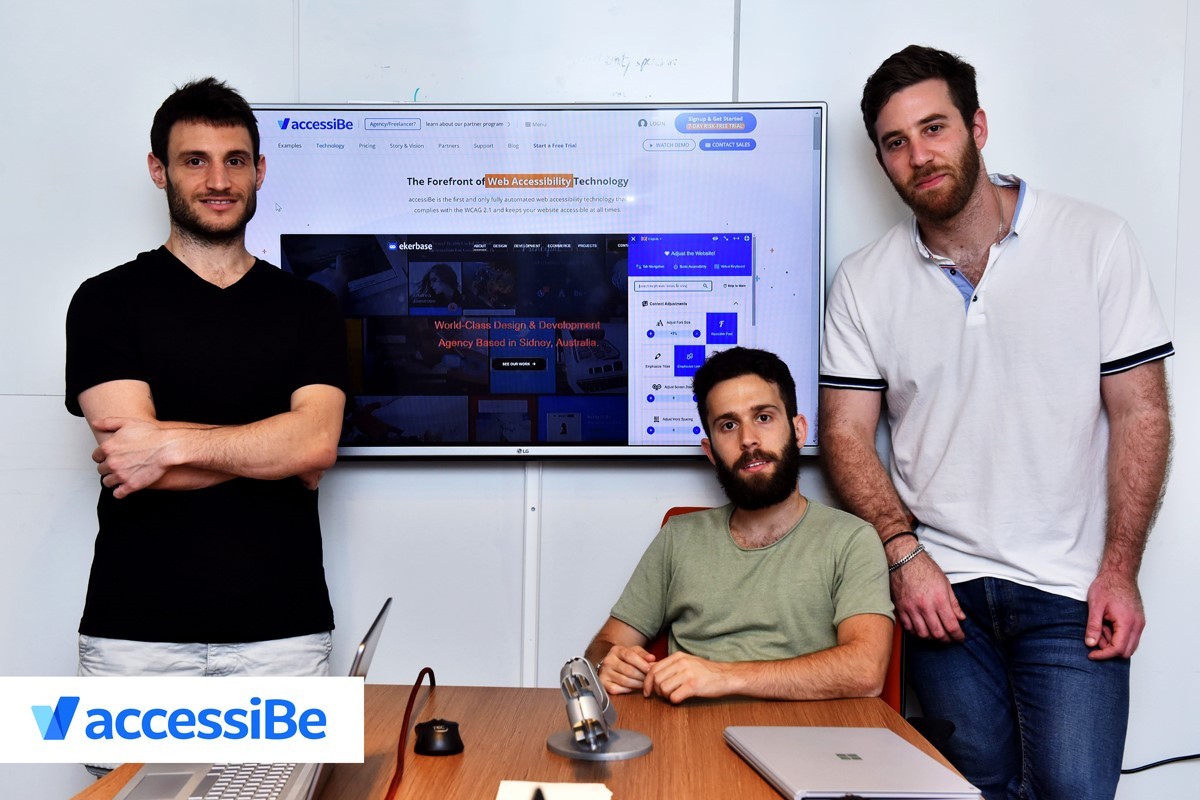
In this article, the 31st anniversary of the Americans with Disabilities Act is discussed by Michael Hingson, former national ambassador for the ‘Brail’ Literacy Campaign and chief vision officer of accessiBe. He details the issues with online accessibility, noting that 380 new websites are generated every minute, and programmers who make them more accessible can’t keep up.
“Of course, it would be quite helpful if everyone who owned a website made their website as accessible as possible,” Hingson says. “But in the meantime, we can move forward and continue to work with people to make websites more accessible and also advocate for legislation that requires websites be made more accessible.”
Hingson goes on to say that it’s challenging for people who create websites and applications or computer programs to keep up with all the different techniques and make sure they’re accessible. He cites an example of a website he tried to access today but could not because there were no features for blind people to use.
“People in general organizations, whether they’re businesses or government agencies, need to take the initiative and put pressure on people who are creating these websites to increase their accessibility,” Hingson says. “Also, any business that is trying to market themselves online should be very conscientious of making sure their website is accessible because it would be an enormous disadvantage if someone who is blind or deaf or with a physical disability cannot access their site.”
Hingson went on to say that “the business community has made progress in making websites more accessible for people with disabilities. The problem is the pace at which we’re moving forward isn’t as fast as many of us would like it to be.”
“I hope that in the future, people who are creating websites will think not only about how it’s going to benefit them when they sell their product or when they market themselves online. They also need to think about the fact that there are lots of people with disabilities out there who can’t access these sites.”
How accessiBe Helps With ADA Compliance
The Americans with Disabilities Act (ADA) of 1990 is a wide-ranging civil rights law that prohibits, under certain circumstances, discrimination based on disability. It affords similar protections against discrimination to Americans with disabilities as the Civil Rights Act of 1964, which made discrimination based on race, religion, sex, national origin, and other characteristics illegal.
With the passing of this law, it is now illegal for public accommodations to discriminate against individuals with disabilities. This includes privately owned businesses that are open to the general public and local governments, labor unions, and vocational associations. Public accommodations include a wide range of entities such as restaurants, hotels, theaters, convention centers, retail stores, hospitals, parks, private schools and daycares, pharmacies, and many more.
The goal of the ADA is to make sure that individuals with disabilities have the same opportunities as everyone else to enjoy a full life in their community. Therefore, failing to provide adequate accommodations or accessible facilities when needed is a form of discrimination.
accessiBe is an artificial intelligence-powered solution that improves the accessibility and usability of any website. For easy installation and configuration, we offer a free WordPress plugin that connects to our service. Over 20% of your visitors with disabilities will benefit from accessiBe, which will make it easier for them to navigate your site. In addition, thousands of small businesses and industry leaders rely on it to keep them safe.











